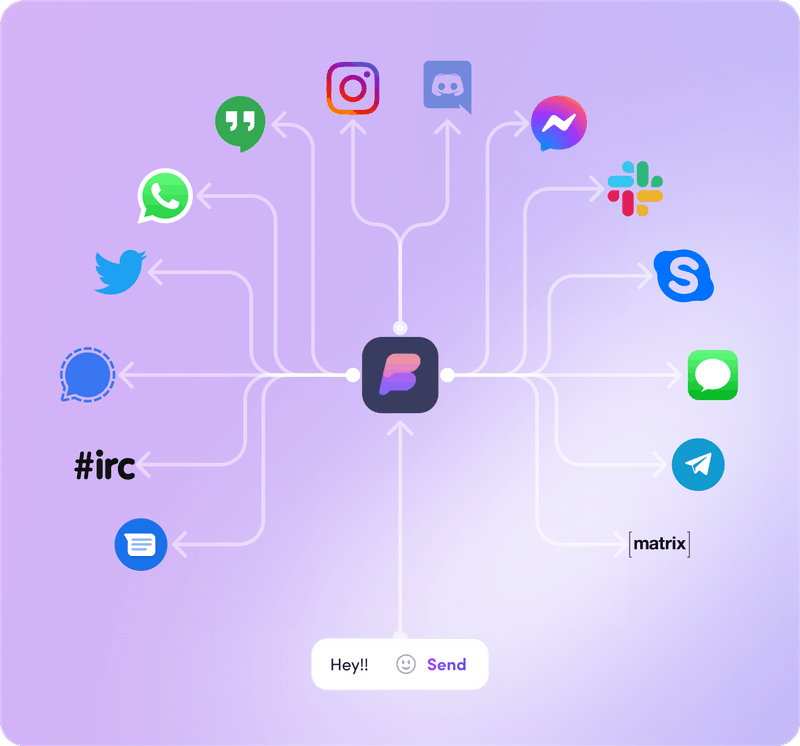We live in incredible times with such possibilities that is clear. Although its easily dismissed seeing Apple’s lack of regard for the Dutch ACM, understanding the motivations of young people hacking now and people being reminded about cafe working etiquette
To quote Buckminster Fuller “You never change things by fighting the existing reality. To change something, build a new model that makes the existing model obsolete.”
You are seeing aspects of this with people dumping their smartphones along Cloudflare providing a free webservice firewall and Twitter joining TOR
Mozfest Ethical dilemma cafe Manchester tickets are now live
Ian thinks: Understanding the ethical dilemmas we face every day online has always been difficult to explain the harm. Putting them into physical spaces really brings home the dilemma. If you are in Manchester in late April, grab a free ticket and join us.
Rallying call for a equitable digital public space
Ian thinks: Reading this piece, I couldn’t help but think about the digital realm with the ever growing divide between rich/poor. Not only with money but time and knowledge The digital divide is live and sadly growing..
The inspiring documentary about internet life for young people in the Netherlands
Ian thinks: I was able to watch the whole documentary at Mozfest this year and was impressed with the different methods used by parents and young people working with the current internet.
Who is really looking at the infrastructure of a metaverse?
Ian thinks: Found via this years Mozfest while talking about the metaverse vs the public service internet. The folks at Matrix, are building a truly interoperable infrastructure for a real metaverse.
WordPress is the dark matter of the web?
Ian thinks: This good interview with Matt Mullenweg, WordPress founder and so much more. Really makes clear how wordpress is not only greatly estimated but also its positive impact on the web.
Indigenous teachings finally influencing our sustainable future
Ian thinks: People turning towards the deep learning from indigenous people is a good thing. I would like to see much more of this sooner rather than later,
Its all about the Scenius?
Ian thinks: I first heard about Scenius at Mozfest this year, Brian Eno coined the term to summarize how communities not individuals are responsible for innovation.
Europe makes its intentions very clear with the Digital Markets Act
Ian thinks: The EU’s Digital Markets Act is a very bold legal policy which could have the similar impact to GDPR? Although people can’t stop talking about opening Apple’s iMessage, its worth remembering the DMA hasn’t been fully drafted yet!
Cory and Ethan chew over a better internet
Ian thinks: A lot is covered in a short amount of time. However they both settle on the practical problems of the current and future internet. The legal battles, societal frameworks and the web3 bubble is used to chill what the future internet could be.
Keeping the Ukraine cyber secure early on
Ian thinks: The mission to harden and keep Ukraine as secure as possible earlier, has played a big role in stopping the cyber invasion of Russia and maintaining a functioning country.
Find the archive here


















